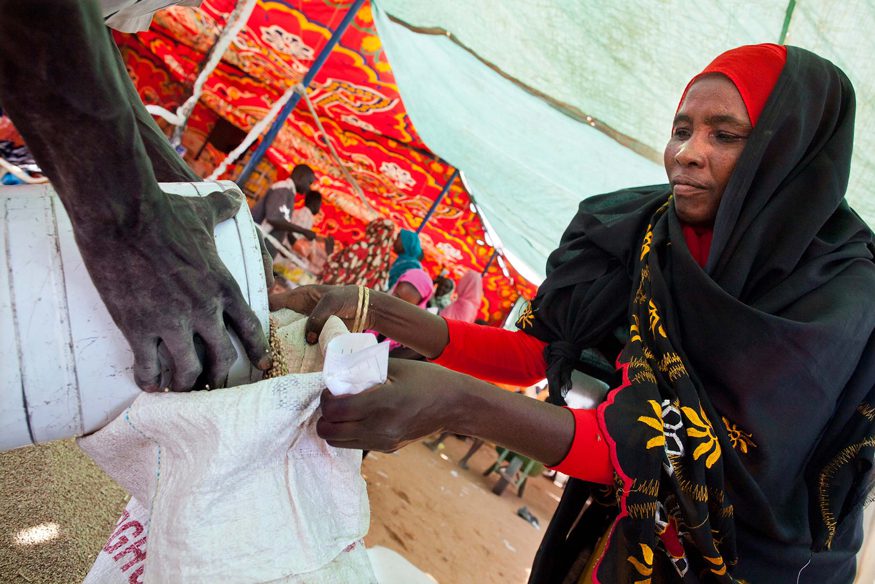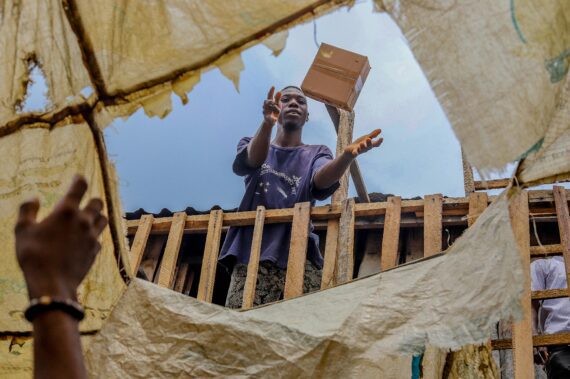Washington, D.C. – Bread for the World today called budget cuts to foreign assistance programs proposed by the Trump administration catastrophic. It urged lawmakers to reject any proposals to gut development funding or merge the State Department and U.S. Agency for International Development (USAID).
“The Trump administration’s plan to gut foreign aid would have catastrophic consequences world-wide,” said Rev. David Beckmann, president of Bread for the World. “The proposed cuts would result in the deaths of millions of people, especially children, from famine and malnutrition. These cuts would roll back the tremendous progress we’ve made against hunger.”
The Trump administration would cut foreign aid by more than one third, according to the White House’s ‘skinny budget’ released in March and a detailed State Department budget document obtained exclusively by Foreign Policy.
The cuts would zero out or gut many key programs, like Feed the Future. The administration is also considering plans to fold USAID into the State Department, likely redefining its core mission. USAID currently operates as a separate government agency.
U.S. foreign assistance has saved the lives of hundreds of millions of people around the world. It has enabled countries to become more stable and self-sufficient, creating new trading partners and allies. In addition, it has also brought new farming techniques to regions experiencing climate change; immunized tens of millions of children; and helped reduce childhood stunting through proven nutritional interventions.
“While lawmakers and others from both sides of the aisle have spoken out against many of the administration’s proposed cuts, it is our fear that we will still see sizable reductions to development assistance programs,” Beckmann said. “Any significant funding cuts Congress makes to development programs will be devastating not only now, but also for the future.”
The administration is proposing these cuts as the world is experiencing the worst famine crisis in a decade. More than 20 million people in four countries are at risk.
“Hunger and poverty provide fertile ground for terrorists and others who would do us harm,” Beckmann added. “It would do the administration well to look more closely into the important role U.S. foreign assistance plays in our national security. This includes an independent USAID that is focused, evidence-based and results oriented with strong technical expertise and adequate resources.”



